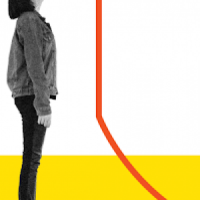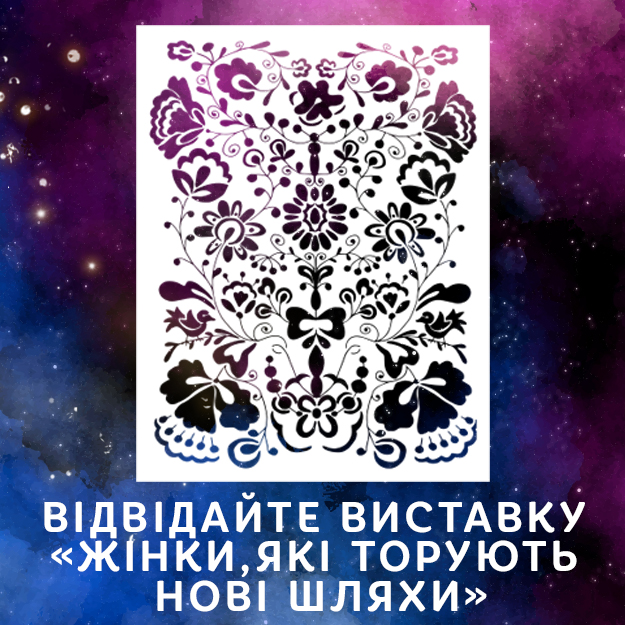Swader, C.S. and Vorobeva, I.D. (2015). Receiving Gifts for Sex in Moscow, Kyiv, and Minsk: A Compensated Dating Survey. Sexuality & Culture
In this article, Swader and Vorobeva comparatively present the results of their study of compensated dating in post-Soviet countries. Compensated dating covers material compensations such as luxurious gifts, rent or travel in explicit exchange for sex. Sexuality in the public sphere, market economy and commercialization evolved simultaneously in post-Soviet countries, leading to sexuality being closely associated with luxury, wealth, and consumption. This article focuses on the outcome of the commodification of intimate relationships in Moscow, Kyiv, and Minsk. Compensated dating is just as prevalent in these cities as in the rest of the world. Yet the survey results indicate that the cities are different in terms of what characteristics make people take part in compensated dating. Receiving gifts for sex is linked to status in Kyiv and Moscow whereas it is linked to economic survival in Minsk. In Kyiv, women in the highest income group are 25 times more likely to have received gifts for sex that the poorest. In Minsk, women with lower education are much more likely to engage in compensated dating, and when the partner has greater financial means, the chance of compensation more than doubles. In Kyiv and Moscow, being compensated for dating and sexual favours it tied to an instrumental economic logic. However, the survey-results show that people who engage in compensated dating have the same values of family, love, leisure, marriage and sex as those who don’t - except for a moderate difference in the importance given to financial incentives and material well-being.
Kirshner, S. N. (2015). Selling a Miracle? Surrogacy Through International Borders: Exploration of Ukrainian Surrogacy. Journal of International Business and Law, Vol.14, No.1
In this article, Kirshner compares Ukrainian and American surrogacy with a special emphasis on the lack of international regulation. As a new and therefore scarcely regulated market, surrogacy leaves children, parents and surrogate mothers in vulnerable positions. The article focuses only on gestational surrogacy (where the surrogate is not the biological mother of the baby), which is the only legal form of surrogacy in Ukraine. Today, the international surrogacy market can easily be accessed online, and with very liberal approaches towards surrogacy, the market in Ukraine is flourishing. Surrogacy rates in Ukraine are estimated to increase by 40 percent in 2016, especially because many clinics are about to open, intended parents get to determine the gender of their baby, and the price for surrogacy in Ukraine is half that of the United States. In Ukraine, a foreigner seeking surrogacy is charged 30-45,000 dollars of which 10-15,000 dollars are for the surrogate mother. As more women sign up to be surrogates, the prices drop even more. In Ukraine, surrogates are not provided with any legal standing in case they want to claim any type of maternal affiliation with the implanted child and their rights and obligations are normally not clear in the contracts. Couples who partake in international surrogacy are seldom aware of the difficulties and bureaucratic procedures of bringing the child to their home countries, leaving some children in state care. Surrogacy can be considered a gift of life, but baby selling, exploitation of poor women by rich people, slavery and exploitation of cheap labour also form a significant part of the debate. It is therefore crucial to adopt better regulation ensuring proper procedures in international surrogacy.


















